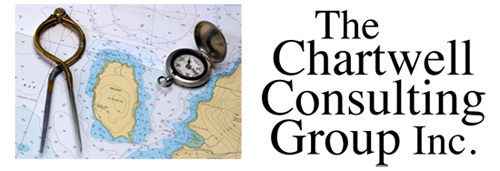Banking & Microfinance
 The times when microfinance institutions (MFIs) could expect to survive on grants is long gone. In the drive for sustainability, many MFIs have transformed themselves into banks, able to accept deposits, raise wholesale finance and attract capital so that they can serve their clients better. Planning and executing the transformation while maintaining the core business places an MFI’s management team under considerable stress. We can lead the process, act as project managers or take on specific transformation-related tasks to make sure that upheaval is minimized and the transformation is successful.
The times when microfinance institutions (MFIs) could expect to survive on grants is long gone. In the drive for sustainability, many MFIs have transformed themselves into banks, able to accept deposits, raise wholesale finance and attract capital so that they can serve their clients better. Planning and executing the transformation while maintaining the core business places an MFI’s management team under considerable stress. We can lead the process, act as project managers or take on specific transformation-related tasks to make sure that upheaval is minimized and the transformation is successful.
We remain convinced of the contribution microfinance makes to lifting people out of poverty, notwithstanding some negative experiences. We’ve seen firsthand in India the damage caused by a few disreputable MFIs which have provided loans knowing that they were being used for purchases of consumer goods, not for small business; aggressive collection practices have been a factor (but not the dominant factor) in some of the thousands of suicides there. Greedy MFIs have not wanted to check the creditworthiness of their clients, leading to overindebtedness and despair. Loan officers’ incentive schemes have remunerated volumes of lending, not quality of lending. But the best MFIs have avoided these practices providing millions of people with access to credit not otherwise available to them.
We have provided technical assistance and training services to MFIs , provided guidance on mergers and managed transformations of MFIs to banks.
In the banking sector we have provided institutional strengthening for central banks (Ethiopia, Uganda, Sierra Leone) and project management and team leadership for the preparation of a financial sector strengthening program (Sierra Leone). In several countries in Central Asia, we have assessed the credit worthiness of banks and their eligibility for World Bank lines of credit.
